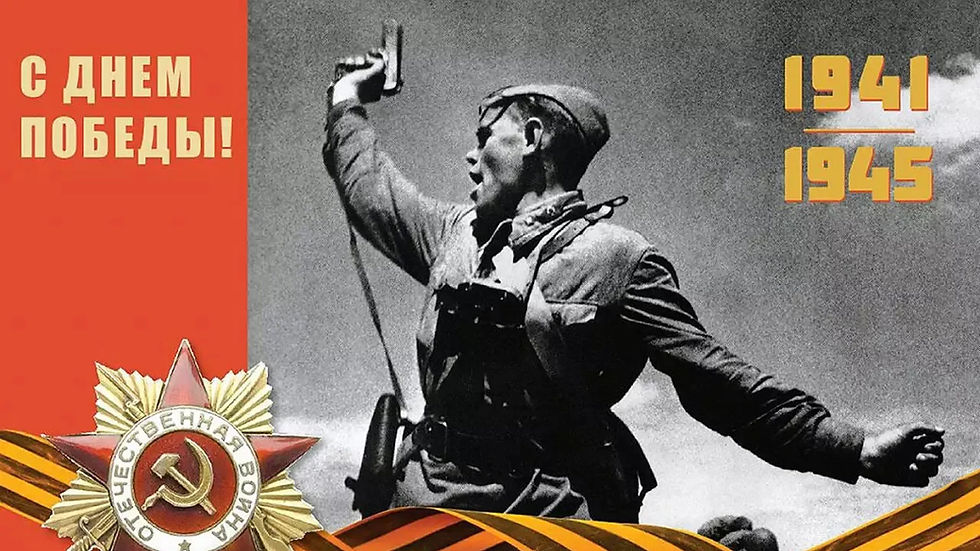Mongolia Energy and Trade at Stake as President Joins Russian Victory Day Parade in Moscow
- Mongolia Weekly

- Mar 26, 2025
- 2 min read
Updated: May 8, 2025
President of Mongolia Ukhnaagiin Khurelsukh was invited to attend Moscow's Victory Day parade in May, marking the 80th anniversary of the German surrender.

This occurs amidst a potentially transformative period in Russia-Mongolia relations. With the prospect of the Ukraine conflict's conclusion and the potential easing of Western sanctions, a new era may be dawning, one that demands a recalibration of Ulaanbaatar's strategic calculus.
The upcoming visit underscores Mongolia's delicate balancing act, navigating the complexities of its relationship with a resurgent Russia.
Energy security remains a cornerstone of this relationship. The Power of Siberia 2 pipeline, a project of immense strategic significance, continues to hover on the horizon. While Russia's eagerness is evident, China's measured approach introduces an element of uncertainty. Mongolia, positioned at the heart of this potential energy artery, must carefully weigh the economic benefits against the risks of over-reliance.
Simultaneously, the modernization of Ulaanbaatar's Thermal Power Plant No. 3, backed by Russian financing, sparks domestic debate about energy dependence, a concern that persists despite the potential for improved relations.
Trade, too, occupies a central role in the bilateral agenda. The pursuit of a free trade agreement with the Moscow-led Eurasian Economic Union presents both opportunities and challenges. Access to the vast Russian market holds the promise of economic diversification, a strategic imperative for Mongolia. However, the potential influx of cheaper Russian agricultural goods raises concerns about the competitiveness of domestic producers. Striking a balance that safeguards Mongolia's agricultural sector while fostering trade growth is paramount.
The successful fuel supply deal following President Putin's 2024 visit in Ulaanbaatar has provided stability, yet the need for long-term diversification persists.The mining minister is eager to obtain fuel supplies from China, even if it means paying more.
The Eg River Hydropower plant's progress, after addressing Lake Baikal impact concerns, highlights the potential for cooperative infrastructure projects.
The potential for a shift in global political dynamics, with a possible easing of tensions between Russia and the West, could reshape the landscape of Russia-Mongolia relations. Should Russophobia diminish, as suggested by a potential warming of relations between Mr. Trump and Mr. Putin, opportunities for closer trade ties may emerge. However, Russia will remain vigilant, ensuring Mongolia does not stray too far into the Western sphere of influence.
President Khurelsukh's presence at the Victory Day parade, broadcast to a domestic audience, reinforces his standing on the global stage. For the Kremlin, this display of solidarity serves to bolster pro-Russian sentiment and underscores Mongolia's strategic importance as a buffer between Russia and China.
Mongolia’s strategic imperative remains clear: to diversify its economic partnerships and reduce its reliance on its two powerful neighbors. This pursuit of autonomy is not merely a matter of economic pragmatism but a fundamental safeguard against the vagaries of great power competition.
The challenge lies in balancing the benefits of Russian economic engagement with the imperative of maintaining strategic independence, a task that has become even more complex in a world undergoing rapid transformation.



Comments